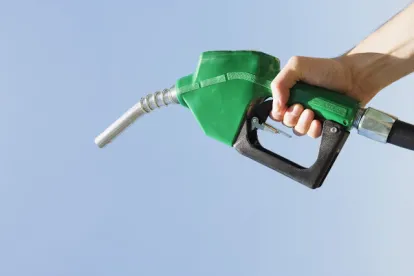A Netherlands court ruled that Royal Dutch Shell must cut its 2019 global carbon dioxide (CO2) emission levels 45% by 2030. This novel ruling, if upheld, will likely lead to major CO2 emitters sharpening their pencils regarding CO2 emission goals.
Environmental organizations and 17,000 Dutch citizens sued Royal Dutch Shell (RDS) in the Netherlands, the location of RDS’ head office. In a tort-based lawsuit, the Dutch court ruled that RDS must reduce its CO2 emissions worldwide by 2030. RDS has announced its intention to appeal the ruling. What was the legal reasoning of the Dutch court, and can that reasoning carry over to other jurisdictions such as the United States?
The plaintiffs’ claim is that RDS’ corporate policies on CO2 emissions contribute to “dangerous climate change.” The plaintiffs brought the suit under Dutch Civil Code (DCC), Book 6 (obligations), which provides, in part, “A person who commits a tortious act (unlawful act) against another person that can be attributed to him, must repair the damage that this other person has suffered as a result thereof.” This may be puzzling to common law lawyers, but Louisiana barred lawyers recognize the key tort provision of the DCC (Louisiana’s Civil Code Art 2315 provides, “Every act whatever of man that causes damage to another obliges him by whose fault it happened to repair it.”).
The DCC requires a “tortious act,” which the plaintiffs described as an “unwritten standard of care.” To build the standard of care argument, the plaintiffs cited various international treaties and conventions, including the UN Climate Convention, the Paris Agreement, and the European Union Treaty. The plaintiffs relied on a litany of international studies and reports as well as a parade of horribles on the damages and risks of climate change. In reading the court’s opinion, review of the “consequences of climate change,” we were reminded of the recitation of the risks of climate change in Massachusetts v. EPA, 549 U.S. 497, 127 S. Ct. 1438 (2007), which led the US Supreme Court to rule that CO2 is a “pollutant” under the Clean Air Act.
An important note about this case is that the Shell group previously announced it would reduce CO2 emissions 30% from its 2016 levels by 2035 and 65% by 2050. In analyzing the Shell group’s corporate policies, the court found that the climate goals in such policies “largely amount to rather intangible, undefined and non-binding plans for the long term,” 4.5.2., and that RDS did not adequately contest the plaintiffs’ claims that RDS’ “planned investments in new explorations are not compatible with the reduction target to be met.” Id. The court also held that Shell was avoiding individual responsibility but mostly “monitors developments in society and lets states and other parties play a pioneering role.” 4.5.2.
This decision may be wrong as a matter of Dutch law, and US law has many differences that might preclude the application of similar legal theories here. Most US jurisdictions recognize that legislative policy matters are no basis for private lawsuits, that federal and state air pollution programs may preempt such claims, and that private but not public nuisances are actionable in tort. Nonetheless, energy companies are now frequently the target of climate change suits, and the Dutch decision may add one more set of arguments to the mix.
This novel ruling by a Netherlands court to directly impose CO2 emissions reduction obligations could serve as a road map in other jurisdictions having general duty laws.





 />i
/>i
